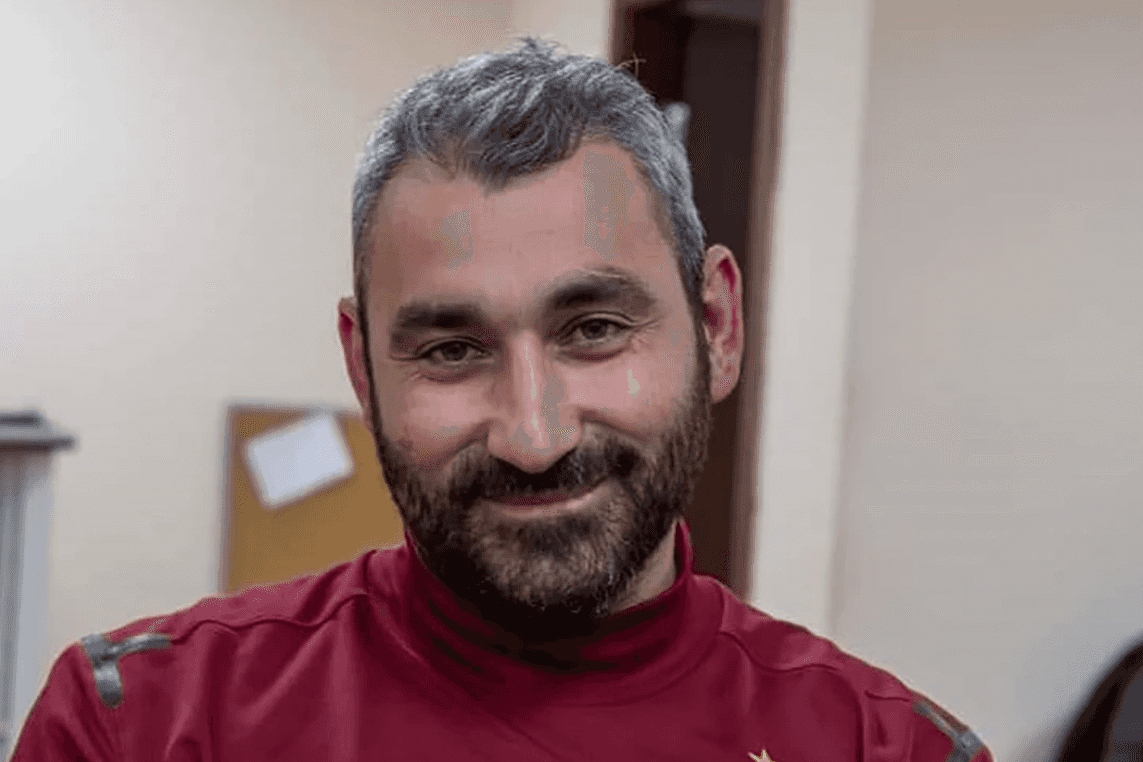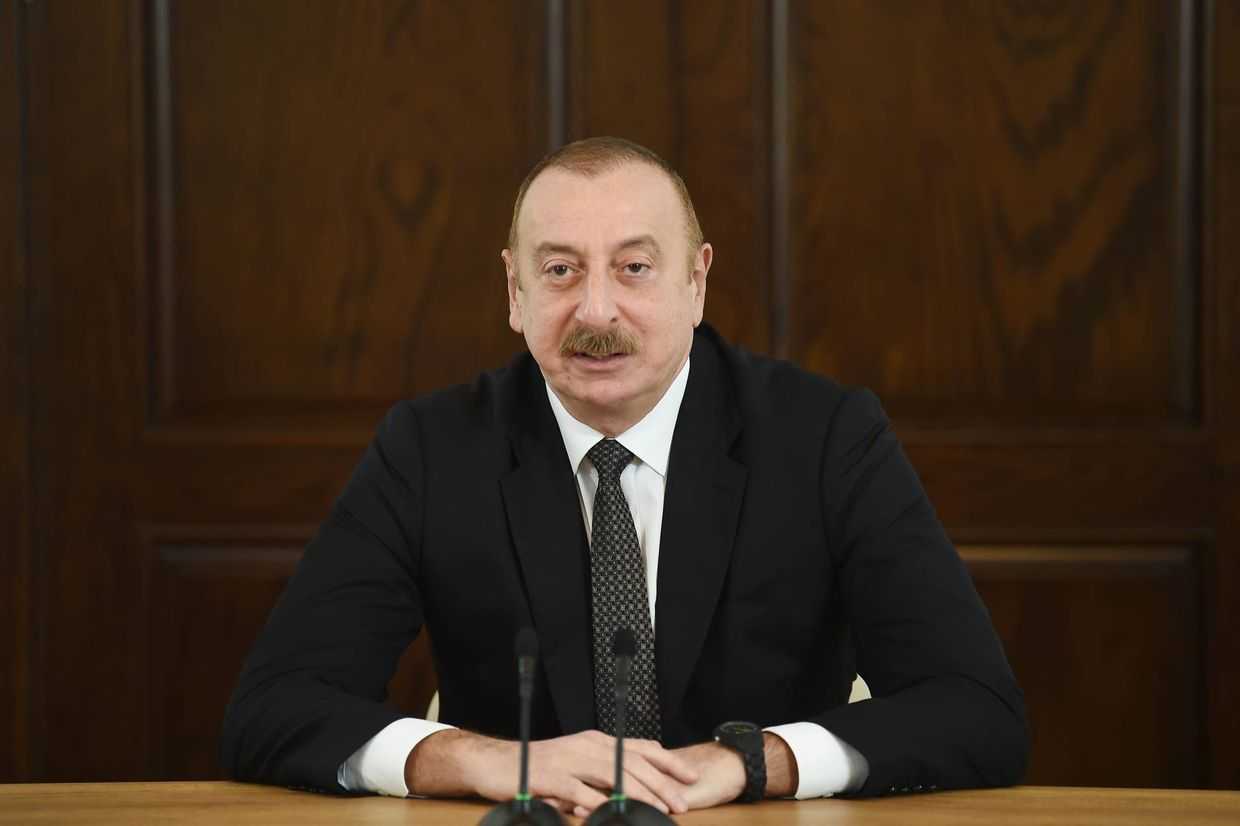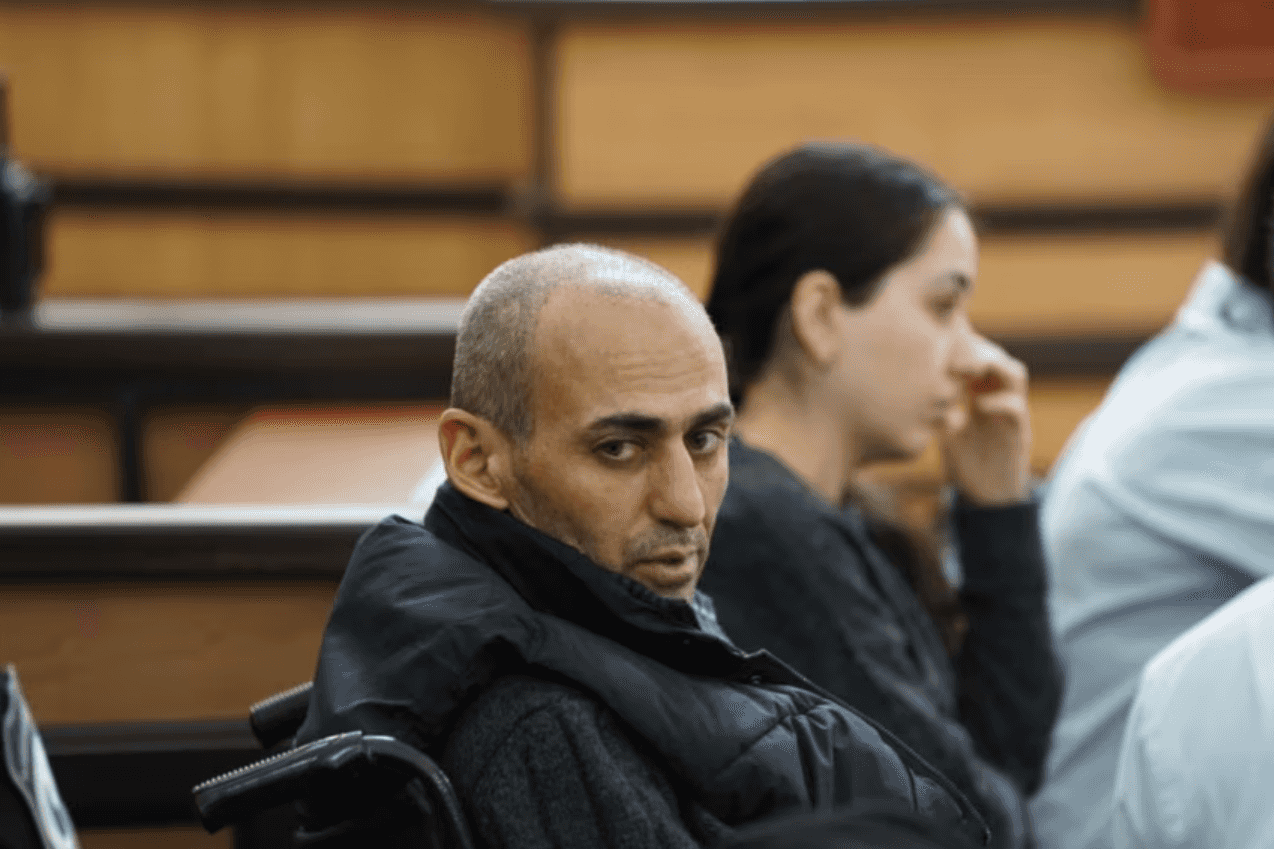ECHR rules against Georgia for ‘grossly inappropriate’ and ‘homophobic’ police raid

The European Court for Human Rights (ECHR) has ruled against Georgian police for a raid on the offices of a queer rights group in Tbilisi.
The Strasbourg court unanimously found that Georgia violated Article 3 (prohibition of inhuman or degrading treatment) and Article 14 (prohibition of discrimination) of the European Convention of Human Rights over the police abuse case in 2009.
On 15 December 2009, plain-clothed police officers raided the offices of queer rights group the Inclusive Foundation in Tbilisi.
Ekaterine Aghdgomelashvili and Tinatin Japaridze, Georgian citizens and members of the group, claimed that police officers behaved aggressively, with one officer saying he wished he could ‘burn the place down’.
Aghdgomelashvili and Japaridze said that officers called them ‘perverts’, ‘sick’ and ‘dykes’ and threatened to out staff publicly and to their families. They also said that officers strip-searched them without checking their clothes.
The victims submitted the case to the court in 2010 arguing that they had been targets of humiliating treatment, insults with hate speech, and threats by Georgian police officers.
They were represented in court by the London-based European Human Rights Advocacy Centre (EHRAC).
The court confirmed on Thursday that the ‘grossly inappropriate’ conduct of the Georgian police had ‘homophobic and/or transphobic’ grounds and that the applicants were strip-searched for no apparent reason other than ‘to embarrass and punish the applicants for their association with the LGBT community’.
The court also established on 8 October that Georgia failed to adequately investigate the case, indicating the Georgian authorities’ ‘inability, or unwillingness, to examine the role played by homophobic and/or transphobic motives in the alleged police abuse’.
The court ordered that the government pay €2,000 ($2,300) to each applicant in damages.
‘Well-documented hostility’ and police inaction
This is the first case in which the ECHR has confirmed degrading treatment and discrimination by Georgian police against queer rights activists.
Transgender sex-workers in Georgia have often complained of violence from the police and about their unwillingness to investigate attacks on them.
[Read on OC Media: No place for transgender people in Georgia’s labour market]
In April, Georgian transgender woman Sesili Tsomaia accused police officers in Tbilisi of beating her and her friends.
In January, the Women’s Initiative Support Group (WISG), where Eka Aghdgomelashvili is currently a board member, reported that a police officer had revealed the gender identity of a Georgian transgender woman to her family members, ‘exposing her to the risk of violence’.
In its ruling on Thursday, the court mentioned the ‘well-documented hostility towards the LGBT community’ in Georgia.
[Read more on OC Media: Analysis | How widespread is homophobia in Georgia?]
In 2015, the court found that Georgia failed to provide queer rights group Identoba with adequate security to mark International Day Against Homophobia, Transphobia and Biphobia (IDAHO) on 17 May 2012.
Members of the queer community in Georgia have been unable to mark 17 May or Pride Month to articulate their grievances publicly in the streets due to threats from the far right.
Activists targetted in their offices
Other problems activists have named include a lack of response by the authorities to homophobic crimes, instances of discrimination, legal recognition of gender for transgender people, and reforms to the education system.
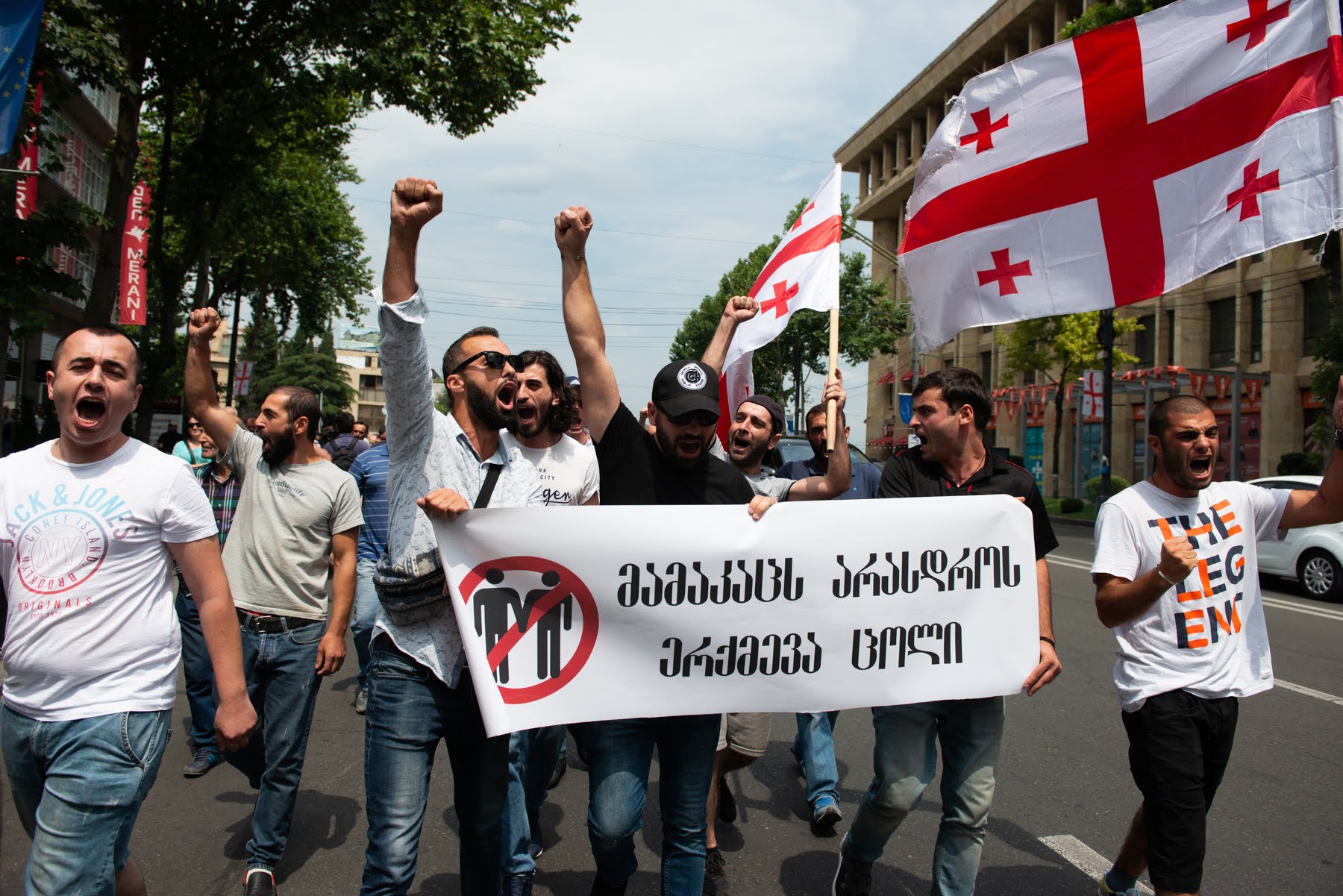
In addition to not being able to hold safe demonstrations, activists have recently been targetted with hate-based harassment and physical violence near their offices.
On 2 September, Public Defender Nino Lomjaria criticised law enforcement agencies for their ‘failure to respond effectively to the restriction of rights’, including ‘harassment and threats against LGBT+ defenders’.
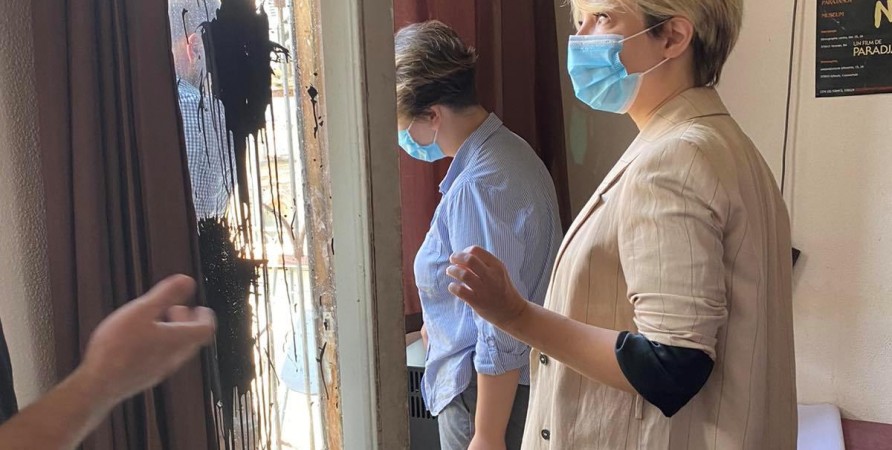
As activists marked IDAHO and Pride events online this year citing the pandemic, hate groups attacked the offices of Tbilisi Pride, pelting tar and eggs at their office.
In October 2018, rights group the Equality Movement said they had to change their office in Tbilisi after three of their members were attacked while leaving the premises.
[Read more on OC Media: Council of Europe ‘concerned’ over Georgia’s queer rights record]

